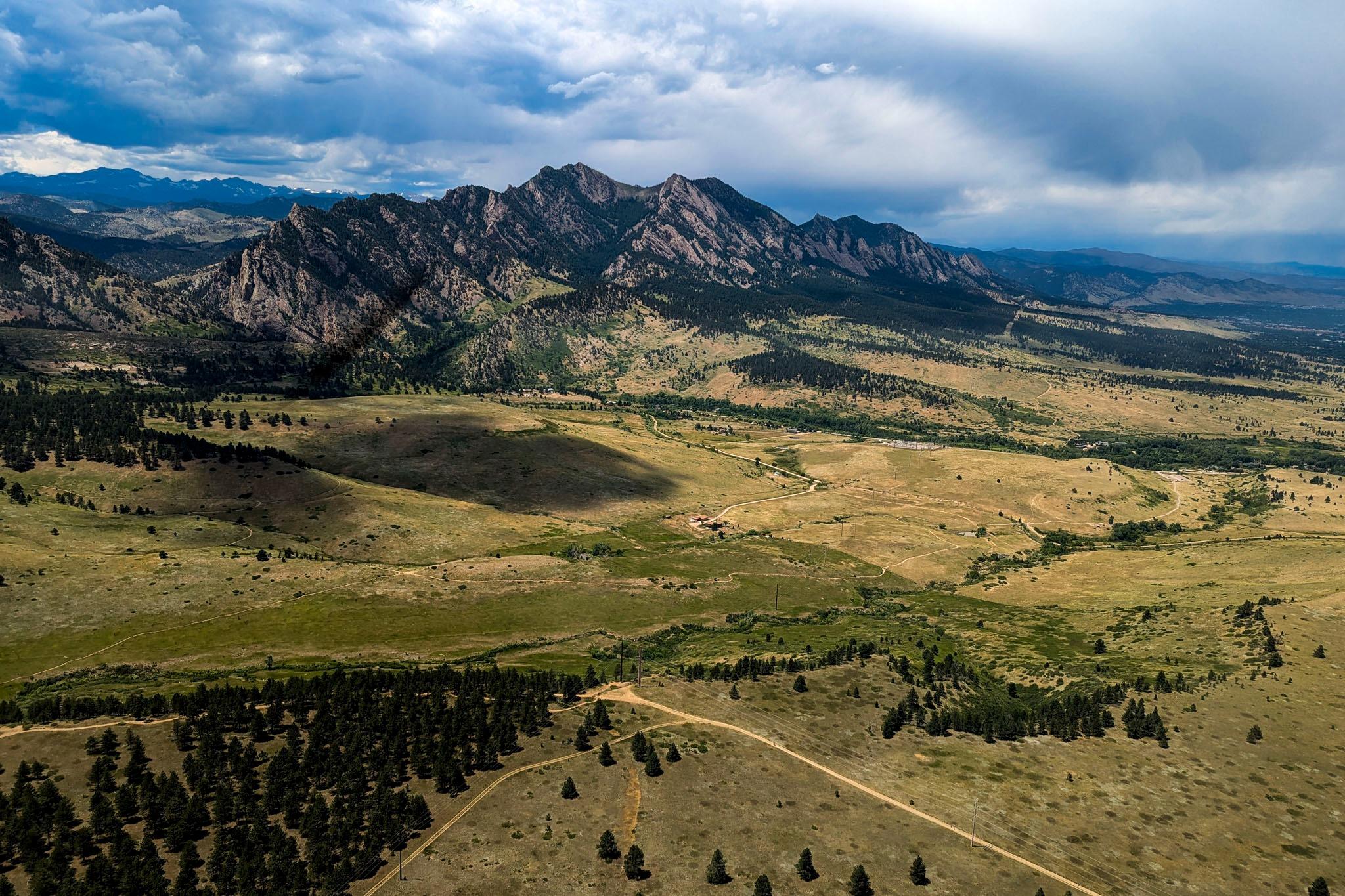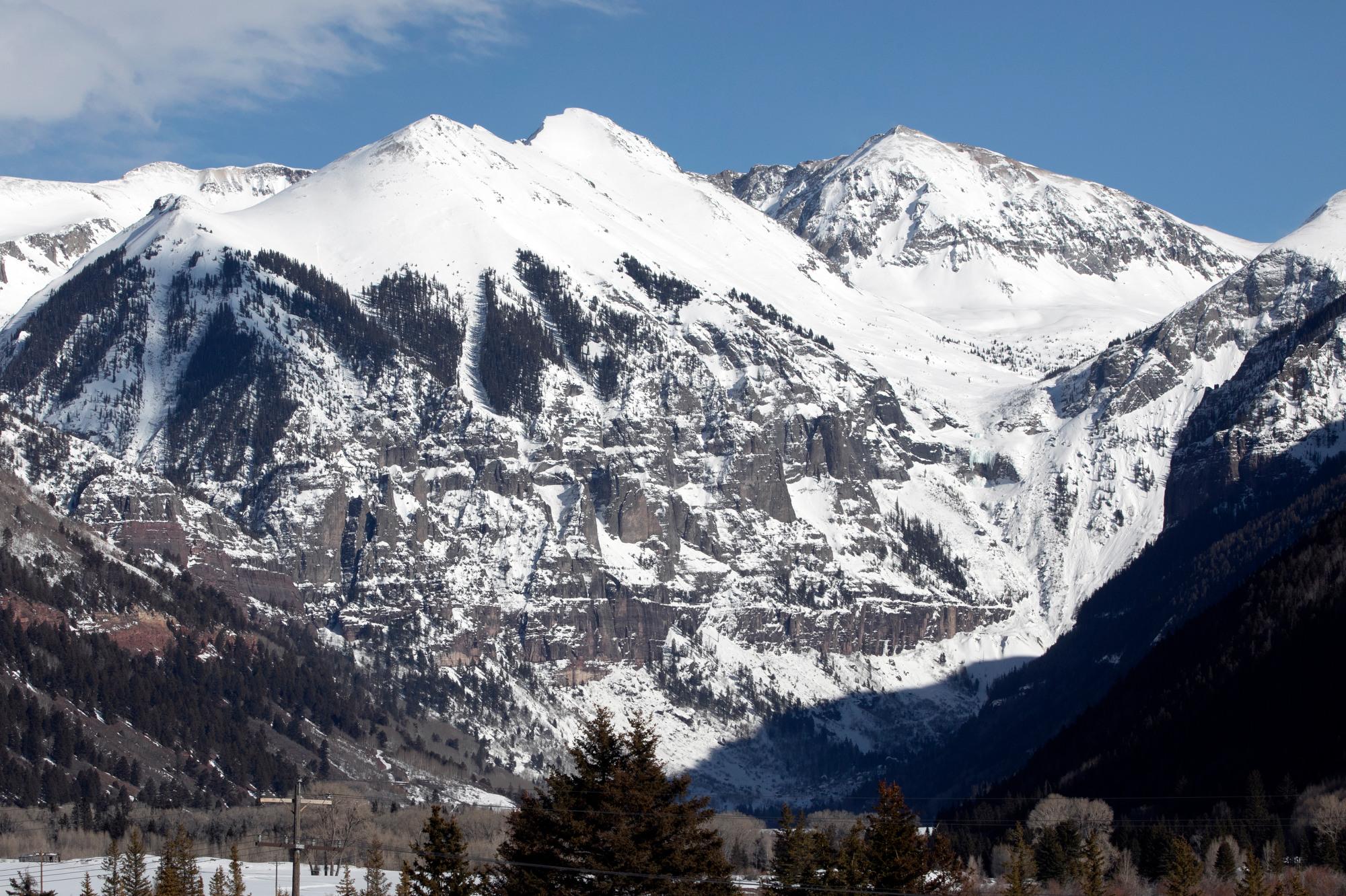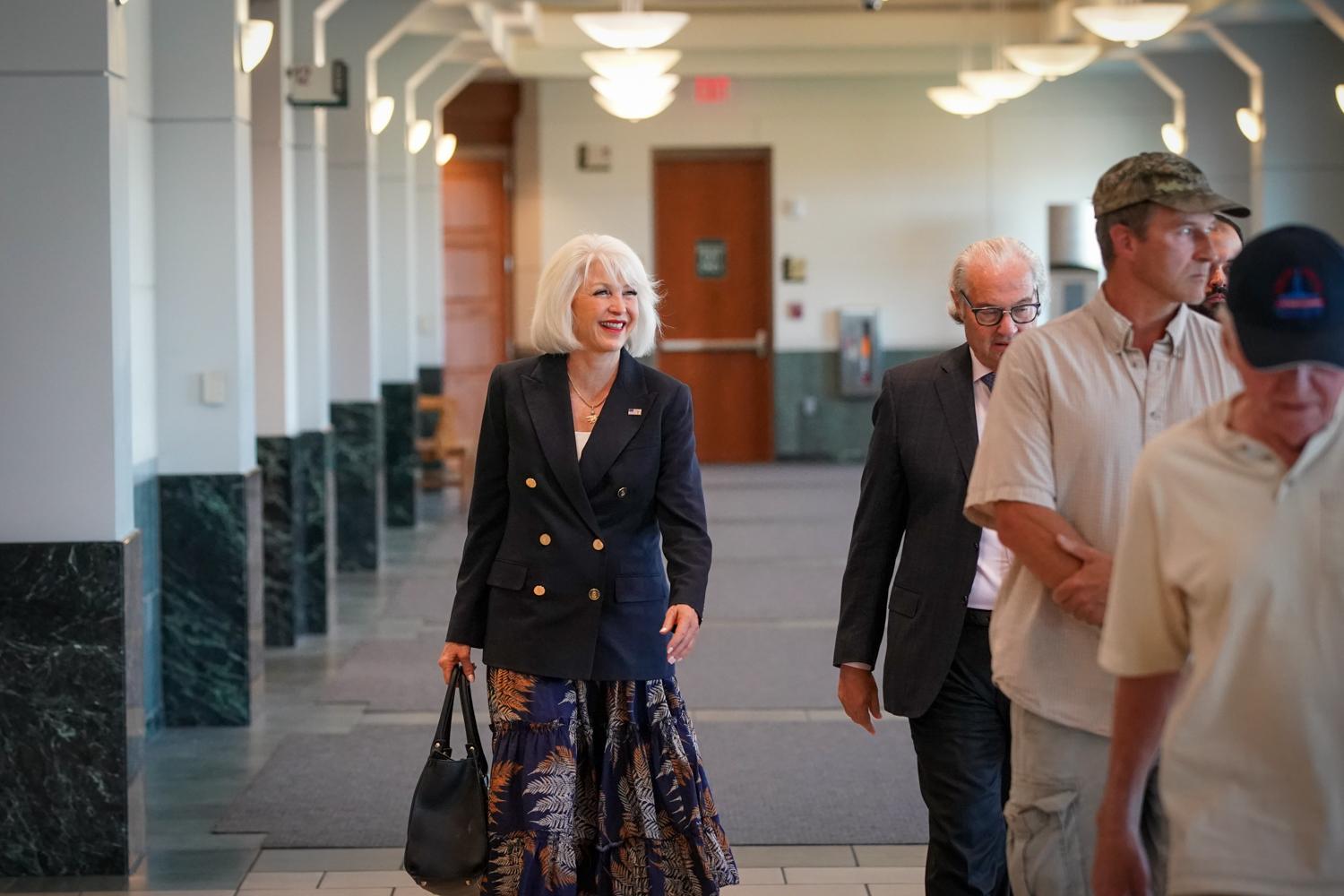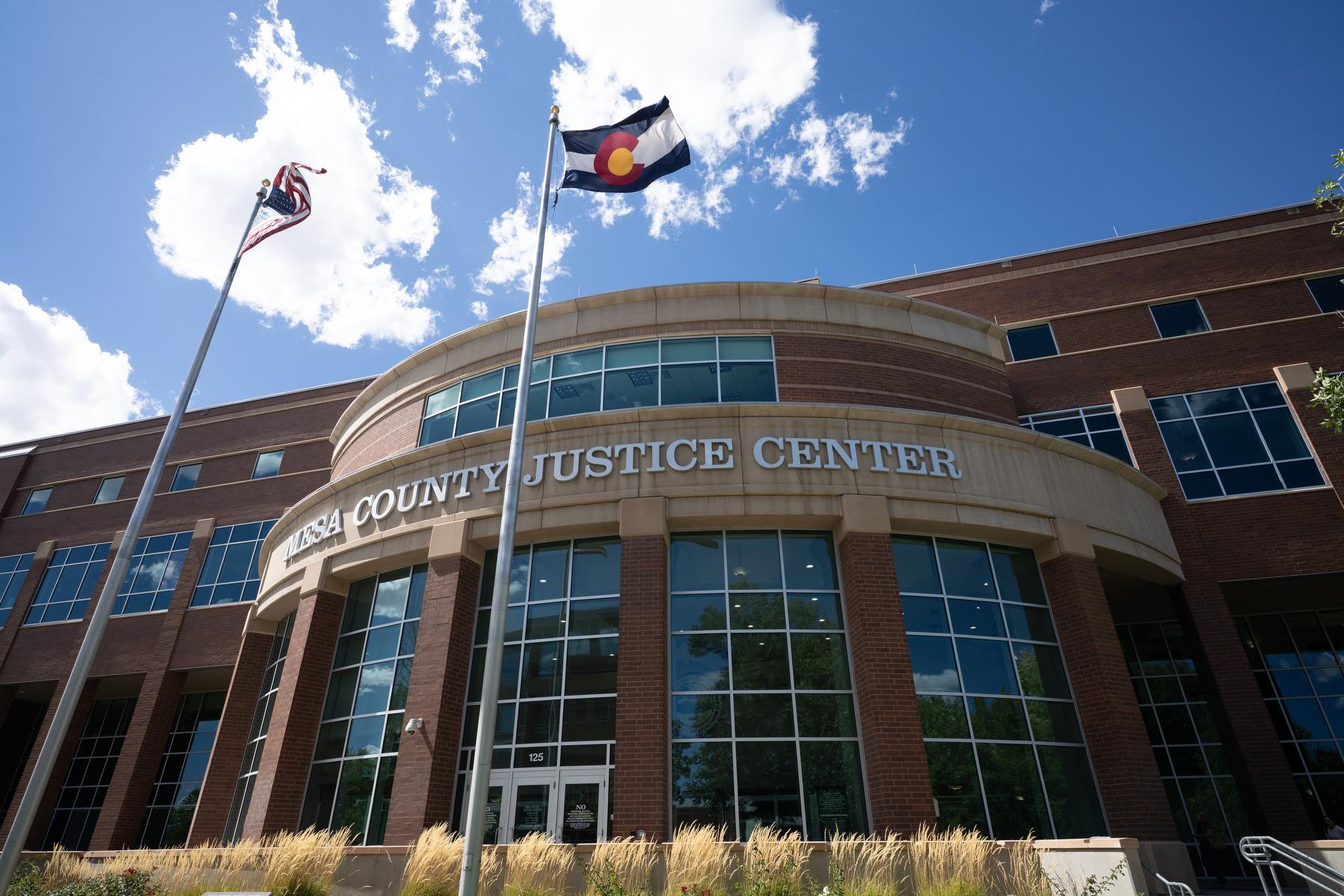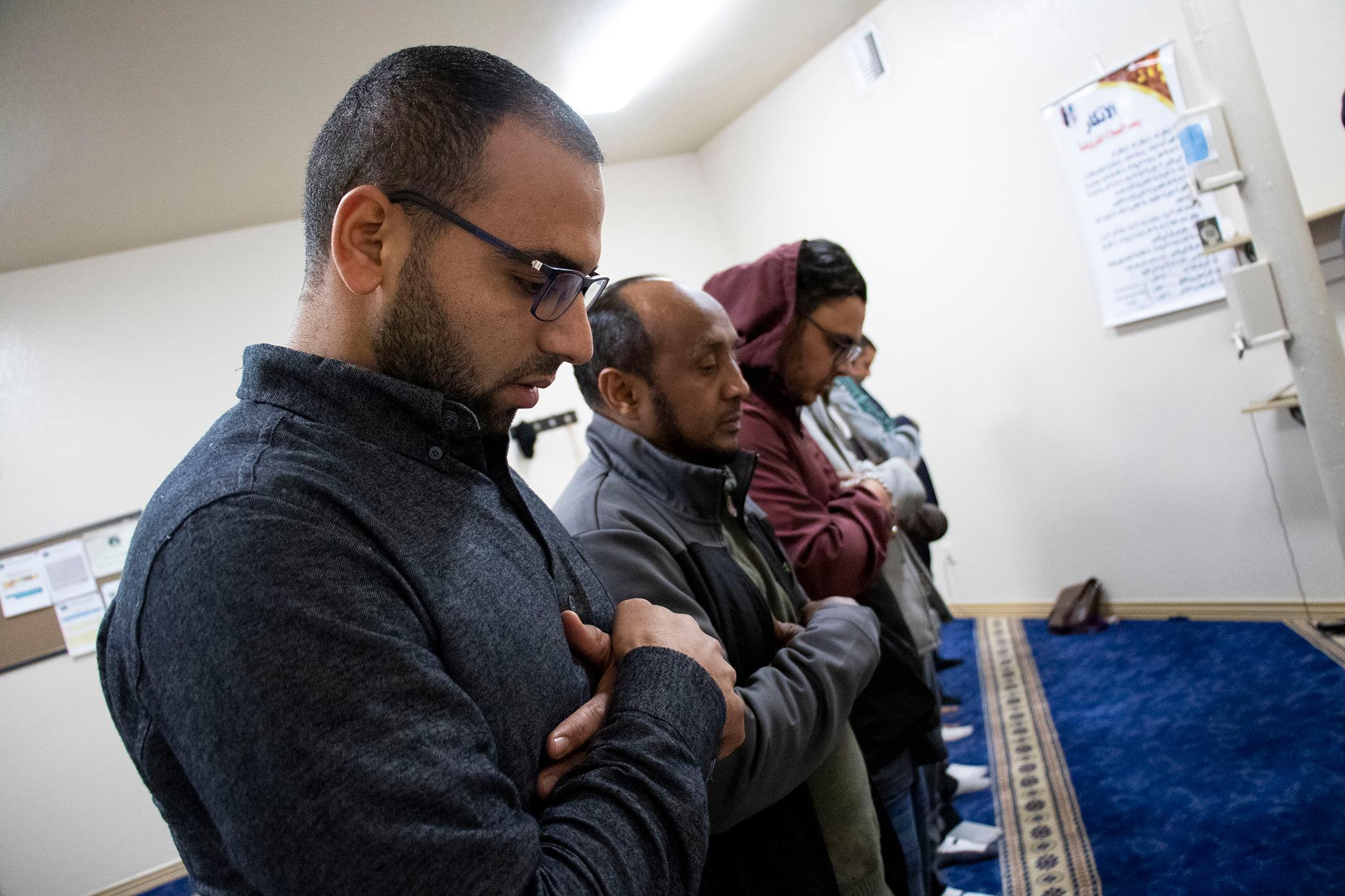
Ramadan is typically centered around community. But when it starts Friday, Muslims won’t be able to celebrate in traditional ways because of the new coronavirus.
“Ramadan is one of the times of the year that people come together, to break their fast together, to come to pray at the mosque,” said Imam Muhammad Kolila of Downtown Denver’s Islamic Center.
During the month-long observance of Ramadan, Muslims typically attend prayer services at the mosque each evening, and then eat a shared meal. It’s a time for spiritual renewal and reconnection to Islam. Social distancing has created an added challenge for Muslims this Ramadan to hold themselves accountable, Kolila said.
“We’re trying as much as we can to push everyone to work from their own,” Kolila said. He added that Islam is an individualistic religion. “It depends on our relationship to God, it depends on how much effort we’re exerting, it depends on how much sincerity we are putting in.”

The Downtown Denver Islamic Center will hold virtual classes almost every day throughout the month Ramadan in place of in-person services.
Since houses of worship closed statewide in March, Kolila said the amount of time he’s spending as an Imam and spiritual leader has doubled. He used to lead services, provide marriage counseling and teach religious classes. Now he has to do all of that and more virtually. He said it takes much more preparation.
The mosque also has a food assistance program where volunteers used to come to the mosque to prepare and distribute food to anyone in need. The volunteers can't come anymore because of social distancing. Yet the need for food assistance has only increased, and some people can’t afford groceries. So now, Kolila is supervising the program and helping prepare food boxes.
The biggest challenge has been maintaining a connection with Muslims who are immigrants or may not speak English, Kolila said. For many, the mosque is their main means of social connection and is a safe place they can go for solace. Now that they can’t go to the mosque regularly, they’re feeling increasingly isolated and disconnected.
The mosque has increased its presence on a variety of social media platforms like Whatsapp and Facebook, but it’s still difficult to connect when some people may not know how to use that technology. He said in many cases, phone calls have been most effective.
“We are not doing everything we want to do, but we are doing everything we can,” Kolila said.
“Being a minority is hard in and of itself because you don’t see a lot of presence around you of your traditions and values.”
Iman Jodeh is the spokeswoman for the Colorado Muslim Society and also works with Colorado's Interfaith Alliance. She said leaders in the Muslim community are doing their best to adapt their traditions — not just around Ramadan.
Usually when a Muslim dies, the body goes through a series of washing and is wrapped in a shroud. A religious decree now allows Muslims to skip the ritual to help prevent the spread of the virus. A person who dies of COVID-19 is also considered a martyr in Islam.
Although there have been many modifications, Jodeh said she’s concerned about how the change in Ramadan this year could impact young Muslims.
“This is a big time for families, for children, for us to introduce Ramadan to children, to train them to fast and to pray together,” she said. “This is all shifting.”
She said she’ll put more focus on her relationship with God this Ramadan season. Theologically, she views the COVID-19 pandemic as part of God’s plan.
“God has a plan for everything. There is no accidental chaos in the world,” she said. “He made this happen. Why this is happening? I don't know. But I do know that I think it will reveal itself in time and we have to trust his process."
Kolila said he’s drawing many connections between the Quran and what is happening in life now. The Quran says life on Earth is only a temporary life and it will be full of challenges and tests.
“Pandemics or plagues can be a mercy to some people,” Kolila said. “They can be a warning from God for something that’s not going right in our lives. They can strengthen our faith because these trials strengthen the person and bring us closer to God.”

